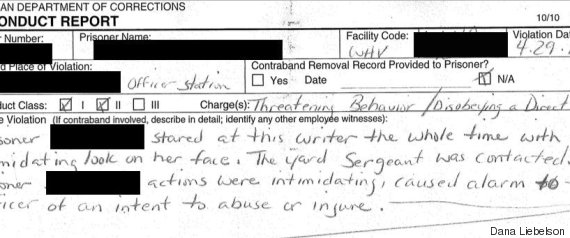Jamie, as we’ll call her, was initially sentenced to two concurrent six-month sentences for a fight with a family friend. She was given a special youthful status that allowed her record to be scrubbed clean, as long as she met certain good behavior standards. But she was sent to an adult prison to serve her time, and while there, she lost that status and was given a longer sentence for the same crime. Jamie’s saga was part of a recent HuffPost Highline investigation into the treatment of children in adult prisons.
The problem is pervasive.
“Two guys come in front of you for stealing your car, and one of them came in with a suit and tie on and had both parents there, and you’re in school and everything else,” he said, “and the other one comes in with an old raggedy T-shirt with an attitude like, ‘Screw you, judge’ — they have sentencing guidelines, the guidelines for each of those people because of their prior record, or lack of it, would be the same — but as a judge would you treat them the same?”
Advocates contend that this case only shows that teenagers are not adults — and adult prisons are not equipped to deal with them. “At 17, you are literally still going through puberty and hormones are changing,” said Kristen Staley, associate director of youth justice policy at the Michigan Council on Crime and Delinquency. “Moreover, factors such as early trauma or mental illness can stunt this growth … MDOC staff is not thoroughly trained to handle teenagers and this [incident] is a clear indication of that.”
I wrote before about a 14 year old attacked by an officer for a “dehumanizing stare.” This is the Cult of Compliance.
